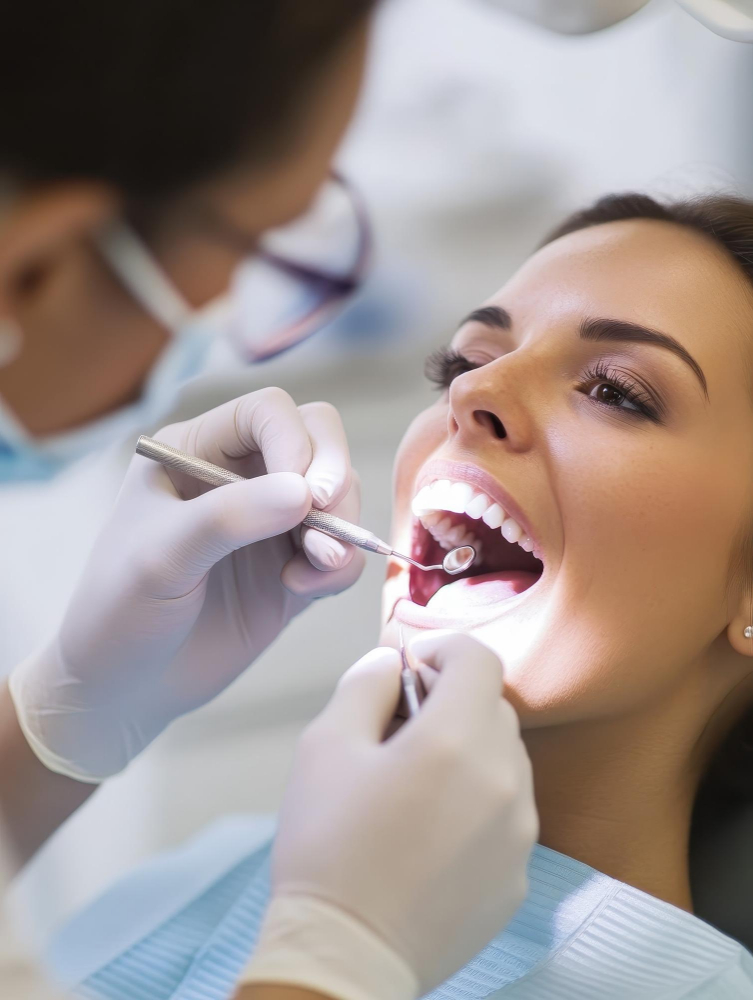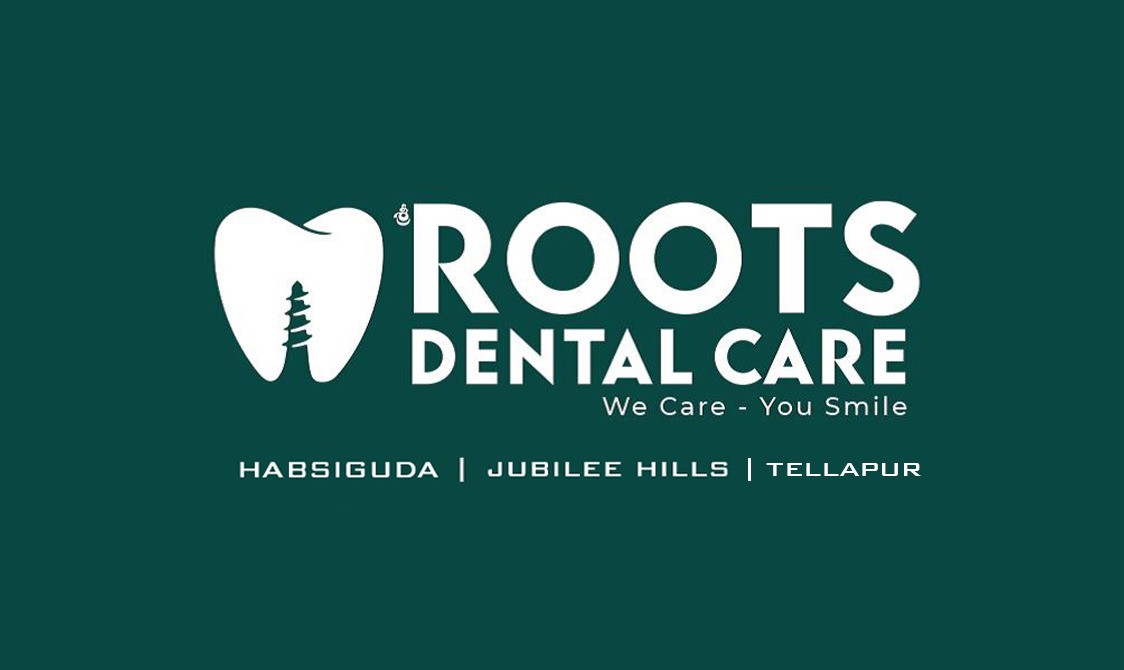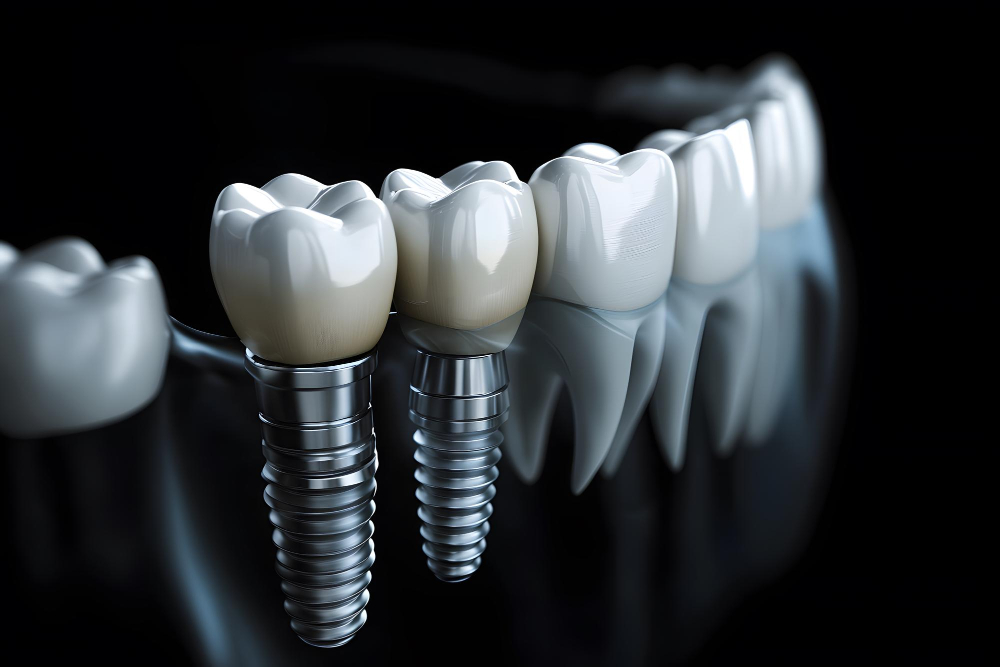
Oral health is an essential part of overall well-being. While many of us may focus on brushing and flossing daily, one of the most important aspects of maintaining a healthy smile is often overlooked: routine dental check-ups. These regular visits to the dentist are not just about cleaning your teeth, but are an integral part of preventive care that can save you from painful procedures and costly treatments in the future. Regular dental check-ups play a vital role in the detection, prevention, and management of oral health issues, ranging from cavities to gum disease and even serious conditions such as oral cancer.
In this article, we will explore the importance of routine dental check-ups, the benefits they offer, what you can expect during a dental visit, and how they contribute to maintaining your oral health and overall well-being. Whether you are someone who visits the dentist regularly or someone who’s been putting off that next appointment, this article will provide you with valuable insights into why these visits are absolutely crucial for your long-term health.
What Happens During a Routine Dental Check-Up?
A routine dental check-up typically involves several key components, each aimed at maintaining or improving your oral health. Let’s take a closer look at the various aspects of a typical dental visit:
- Comprehensive Examination
The first step in your dental check-up is a thorough examination of your mouth. Your dentist will carefully inspect your teeth, gums, and the surrounding soft tissues, looking for any signs of decay, damage, or disease. This comprehensive exam allows the dentist to assess the overall condition of your oral health and identify any potential issues early on. This is especially important as many dental problems, such as cavities or gum disease, may not cause immediate symptoms but can become severe if left untreated.
- X-Rays (If Necessary)
In some cases, your dentist may take X-rays of your teeth and jawbone to get a more detailed view of areas that are not visible during the physical examination. X-rays help detect problems beneath the surface, such as hidden cavities, bone loss, or issues with tooth roots. These images can also be used to track the development of your teeth over time, allowing your dentist to monitor any changes that may require attention.
- Professional Cleaning
Even with regular brushing and flossing, plaque and tartar can build up on your teeth, especially in areas that are difficult to reach with a toothbrush. During your check-up, a dental hygienist will perform a professional cleaning to remove plaque and tartar buildup. This process not only helps prevent cavities and gum disease but also leaves your teeth feeling fresh and smooth.
- Oral Cancer Screening
One of the most critical aspects of a routine dental check-up is the screening for oral cancer. Your dentist will check for any unusual growths, lumps, or sores in your mouth, tongue, and throat that could be indicative of oral cancer. Early detection of oral cancer can significantly improve the chances of successful treatment, making this screening a vital part of your regular visits.
- Gum Health Assessment
Your gums play a crucial role in your oral health. During a dental check-up, your dentist or hygienist will examine the health of your gums, checking for signs of gum disease, such as redness, swelling, or bleeding. If gum disease is detected, your dentist may recommend treatments or lifestyle changes to help you manage it effectively and prevent further complications.
- Discussion of Lifestyle Habits
As part of the check-up, your dentist will also ask about your daily oral hygiene routine, dietary habits, and lifestyle choices. These factors can greatly impact the health of your teeth and gums. For example, smoking, excessive alcohol consumption, or a diet high in sugar can increase your risk of developing dental problems. Your dentist may provide recommendations or resources to help you improve your oral health based on your lifestyle.
Why Are Routine Dental Check-Ups So Important?
Now that we know what happens during a dental visit, let’s delve into the reasons why these regular check-ups are so important for your overall health. Here are some of the most compelling reasons to prioritize routine dental visits:
- Preventive Care
The primary goal of routine dental check-ups is to prevent dental problems before they become more serious. Many dental issues, such as cavities, gum disease, and even some forms of oral cancer, develop gradually and may not show noticeable symptoms in the early stages. By visiting your dentist regularly, you allow them to detect and treat these issues early, often before they cause any significant damage. This proactive approach helps you avoid the need for more extensive and expensive treatments later on.
- Early Detection of Problems
As mentioned earlier, many dental issues do not cause immediate pain or discomfort. Cavities, for example, may not cause noticeable symptoms until they have reached an advanced stage. By regularly visiting your dentist, you ensure that potential problems are identified and addressed before they become more severe. Early detection of issues such as tooth decay, gum disease, or oral cancer can significantly improve the outcomes of treatment and prevent the need for costly interventions.
- Improved Oral Hygiene
Routine dental visits provide an opportunity to discuss your oral hygiene habits with your dentist or hygienist. They can give you personalized tips and recommendations to help you improve your brushing and flossing techniques. Regular cleanings by a professional are also essential for removing tartar that your toothbrush can’t reach. This, in turn, helps prevent plaque buildup, which is a leading cause of cavities and gum disease.
- Better Overall Health
The connection between oral health and overall health is well-established. Poor oral health has been linked to a variety of systemic health issues, including heart disease, diabetes, and stroke. Gum disease, in particular, has been shown to increase the risk of these conditions. By maintaining good oral health through regular dental check-ups, you not only protect your teeth and gums but also lower your risk of developing other serious health problems.
- Cost Savings in the Long Run
While routine dental check-ups may seem like an expense, they can save you money in the long term. Preventive care and early detection can help you avoid expensive treatments such as root canals, fillings, or extractions. In fact, the cost of a single dental check-up is often much lower than the cost of treating advanced dental issues that could have been prevented with early intervention. Regular visits help keep your oral health in check, saving you money on more invasive procedures down the road.
- Maintaining a Bright, Healthy Smile
A bright, healthy smile can have a positive impact on your self-confidence and overall quality of life. Routine dental check-ups ensure that your teeth remain free from cavities, stains, and other issues that can affect the appearance of your smile. Professional cleanings help remove surface stains, and regular exams ensure that any cosmetic concerns are addressed promptly.
Common Dental Problems Prevented by Regular Check-Ups
Here are some of the most common dental issues that regular check-ups can help prevent:
- Cavities:Routine exams help detect cavities in their earliest stages, often before they cause significant damage. Early intervention can prevent the need for fillings or more extensive dental work.
- Gum Disease:Gum disease is a leading cause of tooth loss and is often painless in its early stages. Regular check-ups help detect and treat gum disease before it progresses to more serious stages.
- Tooth Sensitivity:Tooth sensitivity can be caused by a variety of factors, including gum recession, cavities, or worn enamel. Your dentist can help identify the cause and recommend treatment to alleviate the discomfort.
- Oral Cancer:Oral cancer is often detected during routine check-ups. Early detection increases the chances of successful treatment and improves outcomes.
- Bad Breath (Halitosis):Persistent bad breath can be a sign of underlying dental issues, such as gum disease or cavities. Regular visits help identify and address the root cause of the problem.
How Often Should You Visit the Dentist?
The American Dental Association (ADA) recommends that adults and children visit the dentist at least once every six months for a routine check-up. However, the exact frequency of visits may vary depending on individual needs. Some people, such as those with a history of gum disease, cavities, or other oral health issues, may require more frequent visits. Your dentist will work with you to determine the best schedule based on your oral health and risk factors.
Conclusion: Prioritize Your Oral Health
Routine dental check-ups are an essential part of maintaining good oral health and preventing dental problems before they become serious. These visits allow your dentist to monitor the health of your teeth, gums, and mouth, detect issues early, and provide the necessary treatment to keep your smile healthy. By investing in regular check-ups, you not only protect your oral health but also improve your overall well-being, save money on costly treatments, and maintain a beautiful, confident smile.
If you haven’t been to the dentist recently, now is the time to schedule an appointment. Don’t wait for dental problems to worsen—take charge of your oral health today and enjoy the long-term benefits of routine dental check-ups. Your teeth and gums will thank you for it!


